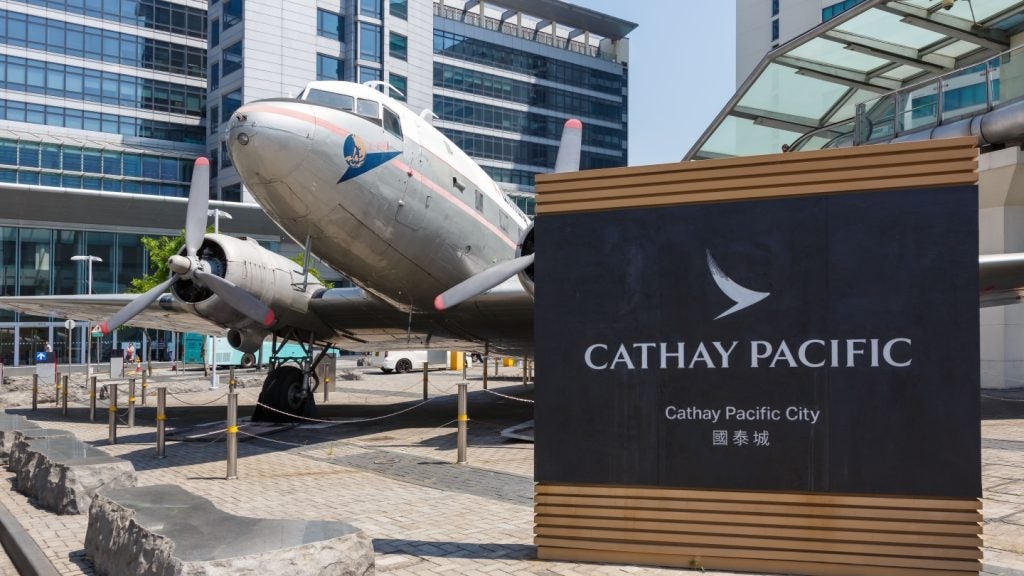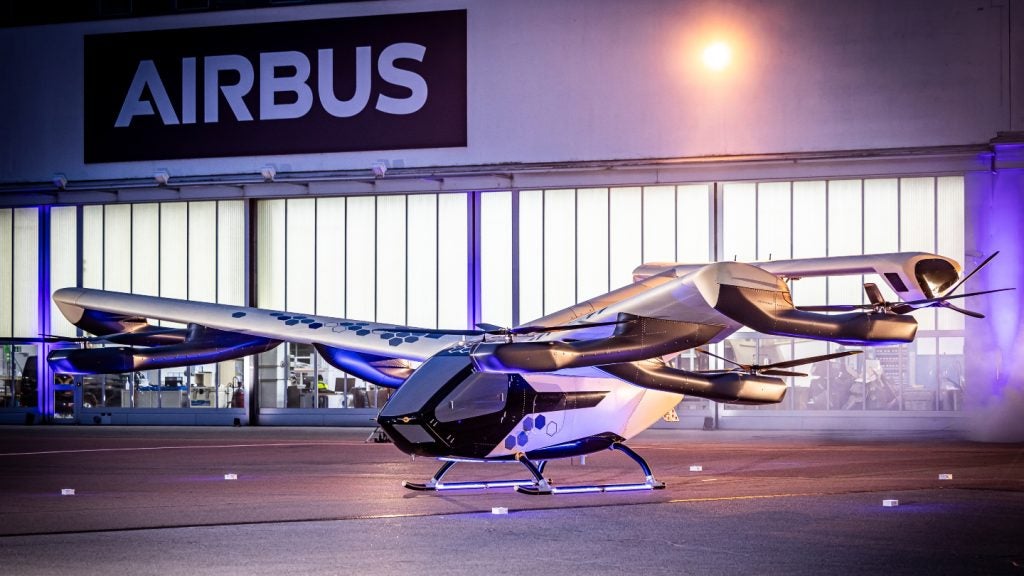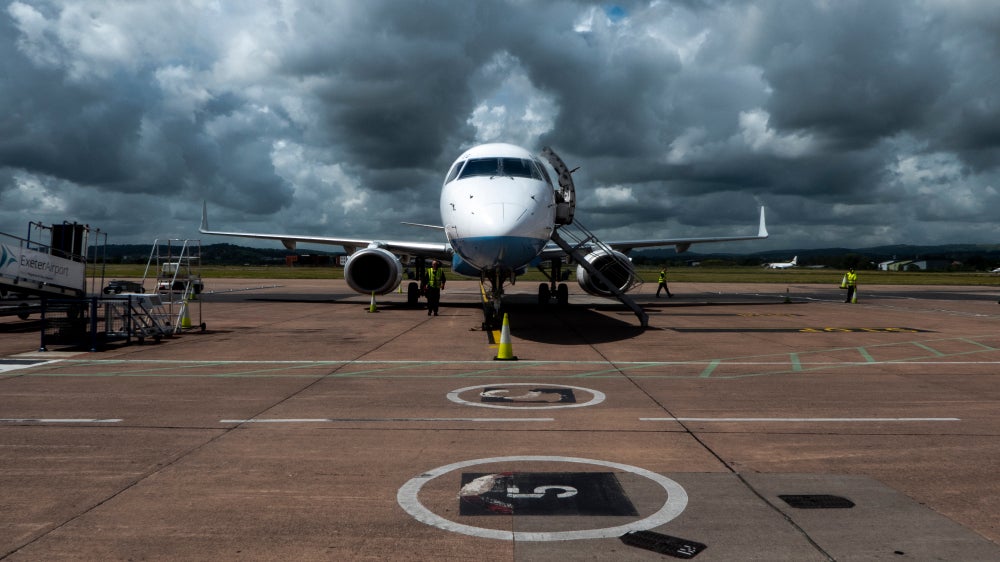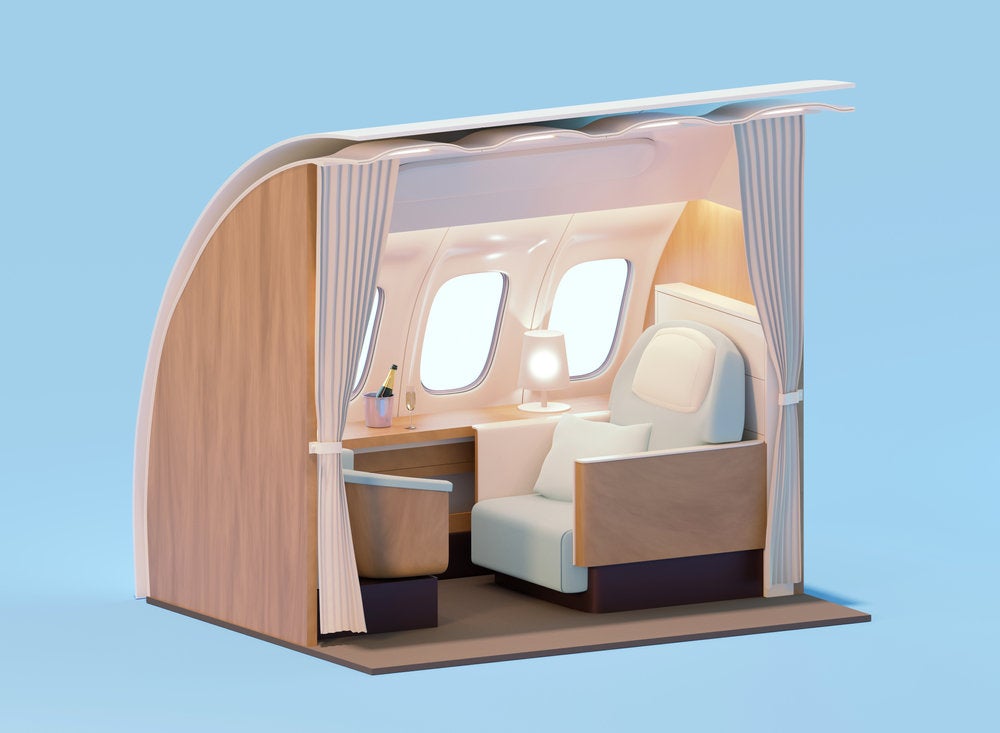
Flying has changed significantly since the pandemic. Many budget airlines now charge passengers to take cabin bags on board, airfares are higher than ever for the same routes, and passenger figures still haven’t reached pre-Covid-19 levels.
Further changes could be coming as airlines look to switch up their strategies. In June, Qatar Airways CEO Akbar Al Baker told Fortune that the airline won’t have first-class berths on its next-generation long-haul aircraft.
In the interview, Al Baker said the cost of the luxury seats doesn’t justify the return, noting that Qatar Airways’ business-class offering provides similar perks anyway.
Qatar Airways isn’t alone. Last year, American Airlines announced it will discontinue its first class offering on international flights from 2024 and replace it with business class seating.
Instead, the US-based airline confirmed premium seating in its long-haul fleet will grow more than 45% by 2026. The change, the airline said, was due to a shift in customer demand. Air New Zealand, Turkish Airlines, and Delta Air Lines have also followed suit.
See Also:
Moving focus to Business Class
Will this become a trend as airlines look to recoup huge losses caused by pandemic-era travel restrictions? Riyadh Air, a new Saudi Arabian airline set to launch in 2025, has confirmed it won’t have first class seating as part of its customer offering.
How well do you really know your competitors?
Access the most comprehensive Company Profiles on the market, powered by GlobalData. Save hours of research. Gain competitive edge.

Thank you!
Your download email will arrive shortly
Not ready to buy yet? Download a free sample
We are confident about the unique quality of our Company Profiles. However, we want you to make the most beneficial decision for your business, so we offer a free sample that you can download by submitting the below form
By GlobalData“It’s clear that many airlines are focusing on their business class product and moving away from a dedicated first class product,” says Tony Douglas, CEO at Riyadh Air.
“At Riyadh Air, we feel that first class is not an efficient use of the real estate on the aircraft and that could be put to better use with a three cabin product that includes business class, premium economy and economy.
“That mix is more effective for the travellers of today and allows them to choose the price point that suits their budget, whether they are business or leisure passengers.”
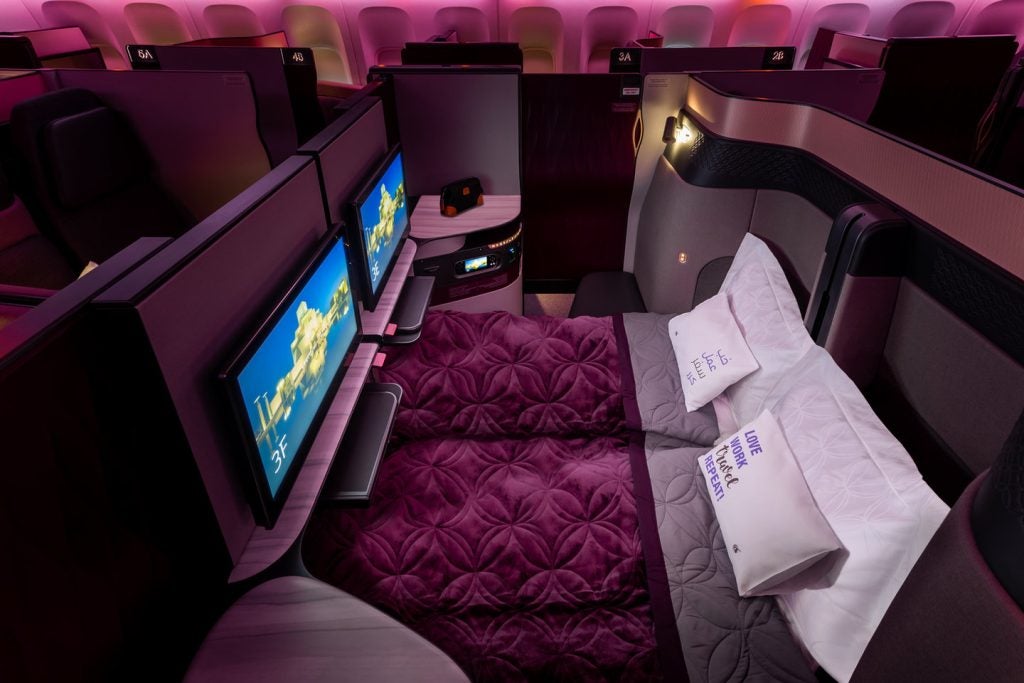
Douglas says that in general, travel is gradually bouncing back following the pandemic with strong demand for business class, especially amongst the leisure segment. He says this could be due to these travellers having more disposable income having not travelled for two years.
Douglas adds that Riyadh Air’s observations are that first class uptake is not as strong due to leisure driving much of the recovery – and less business travellers means fewer redemptions and upgrades from high-earning loyalty members.
“We intend to have an obsessive attention to detail across Riyadh Air that will elevate the experience so much that passengers will feel spoiled at every turn,” he says.
“By having an incredible business class product with this laser focus on passengers across all touchpoints, it will ensure our guests feel valued – regardless of their cabin of travel.”
The next evolution of premium options
Justin Albertynas is CEO of travel price comparison site RatePunk. He believes airlines’ move away from offering first class highlights the changing dynamics of the airline industry and the shift in passenger preferences.
“The demand for first-class travel has evolved over the years,” says Albertynas. “First class has become more of a limited luxury, typically reserved for top executives or those seeking an exclusive travel experience.
“These days, most of the people who are seeking this kind of experience have private jets and use them for the most exclusive travel experience possible.”
Albertynas says the strategic risk of Qatar Airways phasing out first class lies in the airline maintaining its five-star image and potentially missing out on certain segments of travellers who still seek that elite experience.
However, by focusing on enhancing and innovating its business-class product, Albertynas believes Qatar Airways aims to provide an exceptional experience to a wider range of passengers.
First class has become more of a limited luxury, typically reserved for top executives or those seeking an exclusive travel experience.
So, will the demise of first class become a trend amongst airlines? It’s too soon to tell – and investment in first class berth hasn’t come to a complete halt.
Last year, Air France announced it was working on the design of a completely new La Première cabin – its first class offering. The new concept, set to be unveiled during the 2023/24 winter season, will be the longest on the market and offer up to three modular configurations that can be fully privatised: a seat, a sofa and a fully flat bed.
The new cabin will be in a larger number of aircraft than the airline’s current La Première offering.
“It remains to be seen whether more airlines will follow in eliminating first-class cabins,” concludes Albertynas.
“The industry is constantly evolving, and decisions are influenced by factors such as market demand, cost considerations and evolving passenger preferences.”
This interview was originally published in our digital magazine Airport Industry Review. Subscribe for free today.




